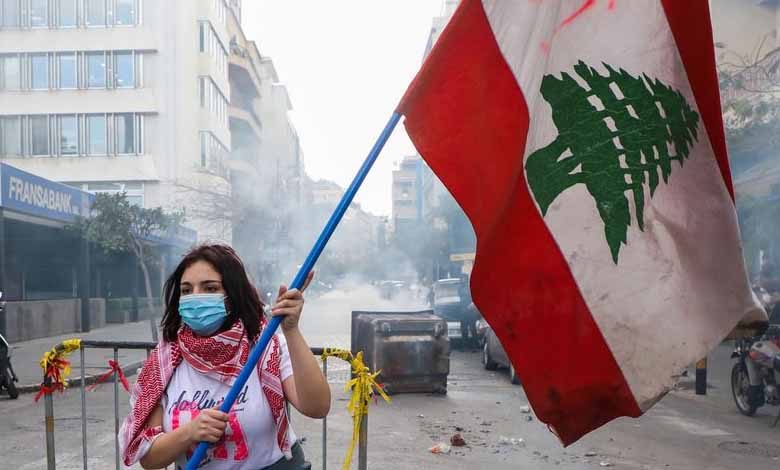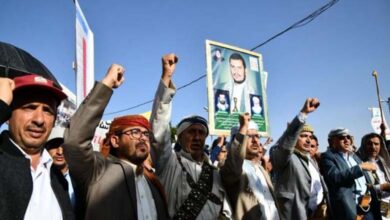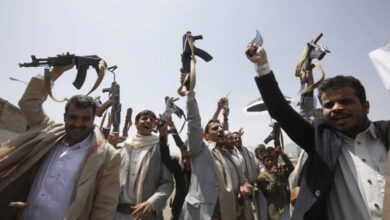Lebanon’s crises do not end.. A new government decision sparks widespread controversy

The government’s decision to postpone daylight saving time until after Ramadan has stirred controversy and anger in Lebanon, with several institutions, led by the Maronite Patriarchate, declaring their non-compliance.
The decision took a sectarian turn and prompted sarcastic comments on social media.
Lebanon commits to UTC on Sunday (March 26th) annually, but the Lebanese cabinet decided, as announced on Thursday, to “exceptionally” extend winter time until the night of April 20-21.
A video circulated by activists on social media depicting a conversation between Speaker Nabih Berri and caretaker Prime Minister Najib Mikati regarding the extension of winter time beyond the month of Ramadan. The government’s decision led to confusion among several establishments.
Middle East Airlines, which had issued its own tickets in accordance with the international daylight saving time, announced “an one-hour advance for all departing flights from Rafik Hariri International Airport”.
Alfa and MTC Communications have asked subscribers to manually adjust the clock settings on their cell phones to avoid time changes as programmed by daylight saving time.
Several organizations announced their non-compliance with the resolution, including MTV and the Lebanese Broadcasting Corporation (LBC), which said that failure to comply with the global clock “will affect our business”.
“If the state had made its decision months ago and not 48 hours ago, there would not have been a problem,” Pierre Daher, the chairman of the Lebanese Broadcasting Corporation (LBC), told AFP. “The worst thing is that the decision to stick to daylight saving time or not was a sectarian act.”
The Maronite Patriarchate has declared it will not implement the decision and is committed to UTC.
In a statement, the media office criticized the decision “without consulting with other Lebanese components, without any regard to international standards, and for the confusion and damage at home and abroad.”
The patriarchate’s decision is “an attitude so as not to further isolate Lebanon,” lawyer Walid Ghiyad, media advisor to the Maronite Patriarch of Antioch and All the East Bishara al-Rai, told AFP.
“Such a decision should be reported a year ago, because it causes harm to people and is not taken over a cup of coffee,” he said.
Both the Free Patriotic Movement and the Lebanese Forces, the most prominent Christian party, objected to the decision. Al-Jumhour School, which is affiliated with Jesuit fathers, also announced its non-compliance with the government’s decision.
Social media commentators scoffed at the overreaction and sectarian turn, saying it was particularly unwarranted in a country battered by crisis and in the midst of an economic meltdown that has left 80 percent of its population below the poverty line.
One of them wrote, “Far from the triviality of the DST decision, we see an overreaction and an excuse for sectarian emptying.”
“Will you see tomorrow when our children study history (they will find) that civil war broke out in Lebanon in 2023 because of the lack of clock?”.
The decision will not change the life of those observing the month of Ramadan, as the number of fasting hours will remain the same, according to commentators.
“The idea is to break early knowing you don’t have [money] to eat,” one tweeted.












